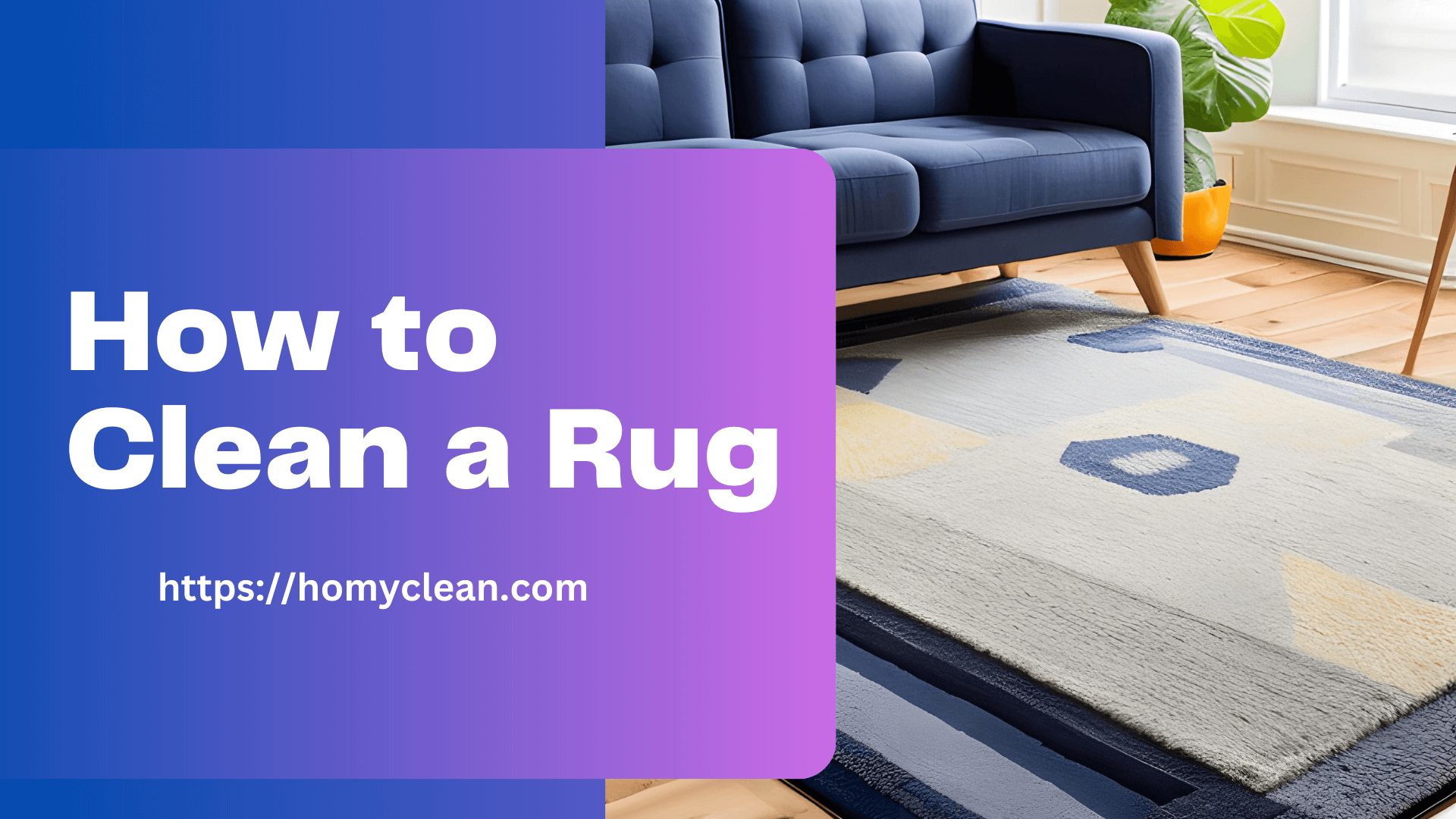Whether it’s a result of spilled drinks, pet accidents, or everyday wear and tear, our sofas often require a thorough cleaning to maintain their freshness and appearance. However, it can be baffling when you notice an unpleasant odor lingering on your sofa after carefully cleaning it. In this article, we’ll delve into why sofa smell after being cleaned and offer practical solutions to tackle this common issue.
Understanding Sofa Odors
Identifying the Source
The first step in dealing with a smelly sofa is to determine the source of the odor. Sometimes, it’s not the sofa itself but the items placed on it, such as pillows or throws, that are causing the unpleasant smell. Identifying the origin helps you target the right area for cleaning.
The Role of Upholstery Fabrics
Different upholstery fabrics can play a significant role in trapping odors. Fabrics like microfiber and velvet are more prone to keeping smells because of their dense fibers. Understanding your sofa’s fabric type can guide you in selecting the cleaning methods and products.
The Science of Odor Retention
1. Absorption and Residue
Sofas are comfortable. Part of that comfort comes from their ability to absorb things, including odors. Cleaning agents and spills can leave residues that, over time, become sources of unpleasant odors.
2. Bacteria and Mold Growth
If your sofa is damp when cleaned, it becomes a breeding ground for bacteria and mold. These microorganisms thrive in moist environments, emitting foul odors as they multiply. Proper drying is essential to prevent this issue.
Common Sofa Cleaning Mistakes
1. Over-Wetting the Fabric
Excessive water or cleaning solutions can over-saturate the upholstery, leading to prolonged drying and potential odors. It’s crucial to follow recommended cleaning procedures to avoid over-wetting.
2. Using Incorrect Cleaning Agents
Not all cleaning agents are suitable for much upholstery. Using the wrong cleaning solution can damage the fabric and create unpleasant smells. Always check the manufacturer’s recommendations or consult professionals for guidance.
3. Neglecting Proper Drying
After cleaning, ensure it thoroughly dried your sofa before using it again. Proper ventilation and sunlight exposure can expedite the drying process and prevent odor-causing mold growth.
Read More: How to Clean a Rug
Banishing Odors Effectively
1. Regular Vacuuming
Frequent vacuuming with an upholstery attachment helps remove dirt, dust, and potential odor sources from the surface of your sofa. This simple step can significantly reduce unwanted odors.
2. Baking Soda Deodorizing
Baking soda is a natural deodorizer that can effectively neutralize odors. Sprinkle a thin layer over your sofa’s surface, let it sit for a few hours, and then vacuum it up.
3. Steam Cleaning Done Right
Steam cleaning can deep-clean upholstery, but using the right equipment and technique is essential to prevent over-wetting. When done correctly, steam cleaning can eliminate odors by removing trapped residues.
4. Professional Upholstery Cleaning
For persistent odors, professional upholstery cleaning is a reliable solution. The knowledge and equipment possessed by experts enable them to clean and deodorize your sofa effectively without causing damage.
How to Prevent Sofa
1. Protective Covers and Throws
Removable, washable covers or throws can act as a barrier against spills and odors, keeping your sofa cleaner for longer periods.
2. Routine Maintenance
Regularly dusting and vacuuming your sofa can prevent dirt and debris from accumulating, minimizing the chances of persistent odors.
When to Seek Professional Help
Persistent Odors
If you’ve tried various cleaning methods without success, it’s time to consult professionals who can assess the situation and provide targeted solutions.
Stubborn Stains
Stains that contribute to persistent odors may require specialized cleaning techniques. Professionals can tackle these stains effectively.
The Power of Fresh Air
Airing Out Your Sofa
Allowing your sofa to spend time outdoors in fresh air and sunlight can eliminate trapped odors. Just be cautious about direct sunlight, which could fade into upholstery colors.
Related Topic: How to Clean Mattress with vinegar and baking soda
Conclusion
Maintaining a clean and odor-free sofa involves understanding the science behind odors, using appropriate cleaning methods, and preventing future issues. By following the outlined strategies, you can enjoy a fresh and inviting sofa that enhances the comfort and ambiance of your living space.
FAQ About Why Sofa Smell after being Cleaned
Why Does My Sofa Smell Musty?
A musty smell on your sofa could be because of moisture or dampness trapped within the cushions or upholstery. This can lead to mold or mildew growth. Proper ventilation, regular cleaning, and keeping the sofa dry can help prevent and eliminate musty odors.
Why Does My Sofa Smell Like fish?
A fishy smell on your sofa might show bacteria or organic matter. Spilled food, liquids, or other substances that weren’t cleaned adequately could cause the odor. Thoroughly clean the affectearea,ea and consider using an enzyme-based cleaner to break down the organic materials causing the smell.
Why Does My New Sofa Smell?
The materials used in manufacturing, such as foam, upholstery, or adhesives, often cause a new sofa smell. The materials used in manufacturing new sofas, such as foam, upholstery, or adhesives, can cause a distinct odor known as “off-gassing.”.
Why Does My Leather Sofa Smell?
A leather sofa may develop a smell because of various factors, including humidity, spills, body oils, or improper cleaning. Leather is a natural material that can absorb odors. Regularly cleaning and conditioning your leather sofa and ensuring good ventilation can help manage any odors.
Why Does My Dfs Sofa Smell?
A DFS sofa may develop odors for various reasons, including the materials used, manufacturing processes, or environmental factors. If the smell persists, contact DFS customer service for advice or help.
Why Does My Couch Smell Like pee?
A urine smell on your couch might be due to pet accidents or spills that were not cleaned adequately. Clean the affected area with an enzyme-based cleaner to break down urine odors and stains. Follow the product’s instructions and thoroughly rinse and dry the area.
Why Does My Couch Smell Like Fish?
To eliminate the fishy smell caused by spills or residues from seafood, spilled liquids, or other organic materials that have not been properly cleaned, make sure to thoroughly clean the affected area. Clean the affected area thoroughly using appropriate cleaning products and methods.
Why Does My Couch Smell so Sour?
Spills, sweat, body oils, or other organic materials might cause a sour smell on your couch seeping into the upholstery. Regular cleaning and using odor-neutralizing products can help eliminate the sour odor.
Why Does My Couch Smell Like Poop?
Improper cleaning of pet accidents, soiled clothing, or other organic matter could result in a poop smell on your couch. Clean the area thoroughly using enzyme-based cleaners, and wash any soiled fabrics promptly.
Why Does My Couch Smell Like Farts
A fart smell on your couch could be because of various factors, including body odors, sweat, or residual gases from the environment. Proper ventilation and regular cleaning can help manage and eliminate such odors.
Why Does My New Dfs Sofa Smell?
A new DFS sofa may have a distinct smell because of the materials used in manufacturing, packaging, or transport. This odor, known as “new furniture smell” or off-gassing, is temporary and should dissipate over time as the sofa airs out.

![Why Does a Sofa Smell After Being Cleaned? [Problem Solved]](https://homyclean.com/wp-content/uploads/2023/08/Why-Does-a-Sofa-Smell-After-Being-Cleaned.jpg)



